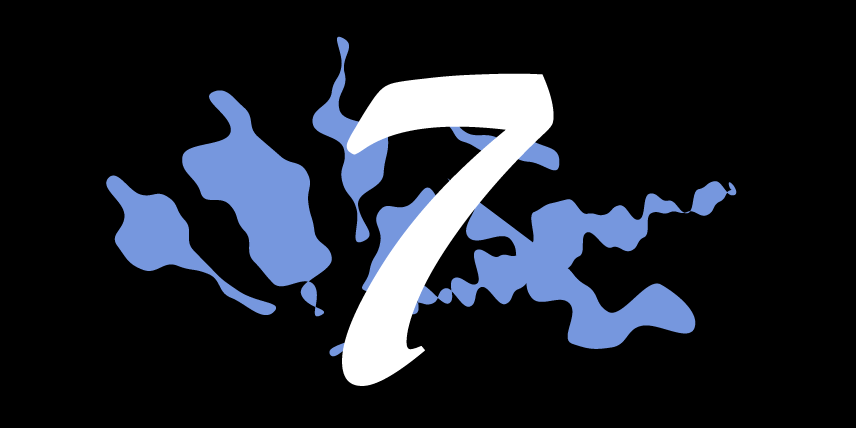blog
blog
A certain meretricious talent
I am very much enjoying the Penguin Classics version of the Hong Lou Meng, and in particular some delightful phrases courtesy of David Hawkes’ excellent translation.
One of these concerns the main character of Bao Yu in Chapter 17, during a set-piece scene that pits the enfant terrible entertainingly against his disapproving father. An imperial edict has made provision for an annual visit home for all palace concubines, provided they can be received in the manner to which they are accustomed. Cue a hasty scrambling to construct what amounts to a pleasure garden in the grounds of the family estate. Bao Yu is unfortunate enough to run into his father, who takes him round with a group of literati and demands that he thinks up names and couplets for the various beauty spots they encounter.
Describing Baoyu’s talents as a student, the narrator relays comments made by his teacher, Dai-ru:
Jia Ru had recently received a favourable report on Bao-yu from his teacher Jia Dai-ru in which mention had been made of his skill in composing couplets. Although the boy showed no aptitude for serious study, Dai-ru had said, he nonetheless possessed a certain meretricious talent for versification not undeserving of commendation.
賈政近來聞得代儒成讚他專能對對,雖不喜讀書,却有些歪才
Hawkes’ translation adds glosses the terse original text with an almost Austian archness, which feels very much in keeping with how the rest of the scene plays out; the stern father unable to suppress a little paternal pride as his son’s literary allusions garner praise from the accompanying scholars, while affecting to criticise them. The Foreign Language Press rendering of the text (1978, Yang Hsien-Yi and Gladys Yang) puts a more positive spin on Bao-yu’s abilities:
Now Chia Cheng had recently heard Pao-yu’s tutor speak highly of his skill in composing couplets, remarking that the boy, though not studious, showed considerable originality.
Whether a “meretricious talent for versification” or “considerable originality” hinges on this “歪才”. 歪 means something like crooked or slanting and 才 means talent. Both sense are possible, therefore – Bao-yu’s crooked talent could be an off-piste approach to composition, hence the “originality” of the Yangs’ translation, or it could be the other, related, sense carried by 歪, that of being underhand or deceitful. Hawkes’ choice is much more in line with the grudging way in which Jia Ru (Chia Cheng) would presumably have interpreted the teacher’s report.
The ensuing scene in the gardens does little to clarify the question: Bao-yu undoubtedly shows both originality and a blagging confidence that could definitely be accused of glibness.
Whatever the nuance of the original Chinese language, David Hawkes’ translation is deliciously acerbic and beautifully weighed.
Related
Sources and Further Reading
出版者:智揚去版社
出版日期:中華民國八十三年
If you liked this, you might enjoy…
A special feature on one of the key events from the Three Kingdoms period.

